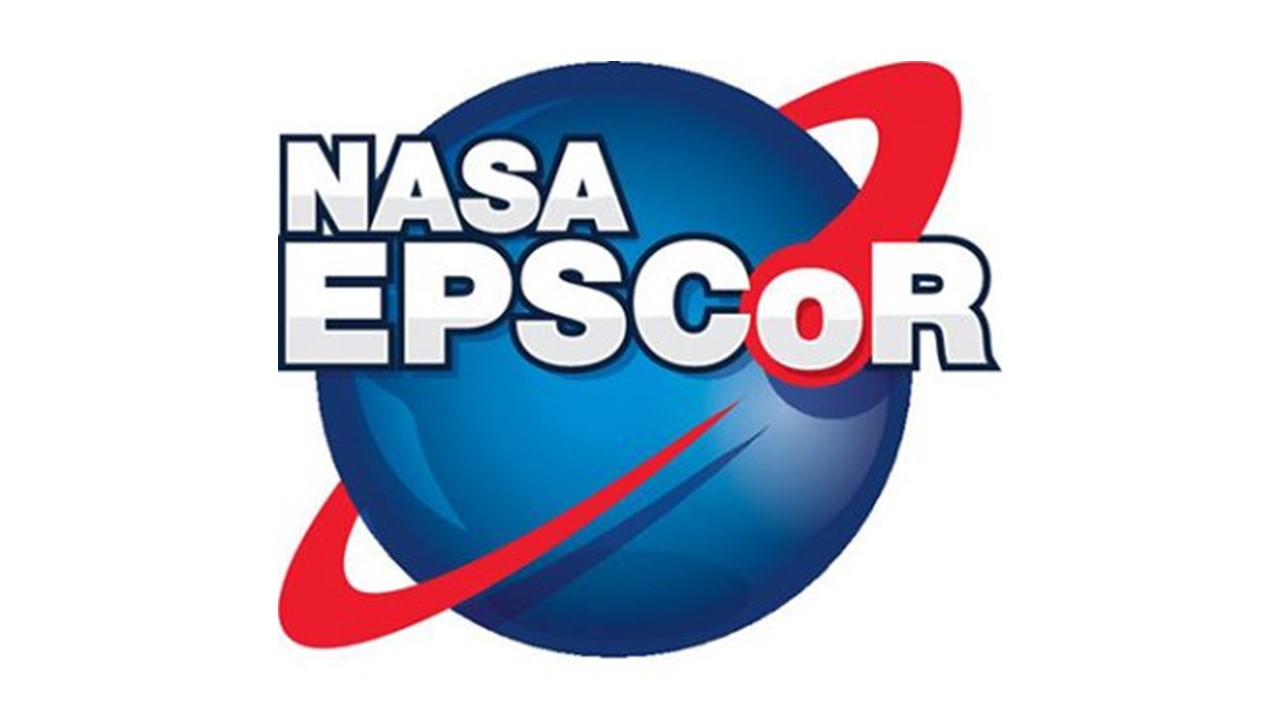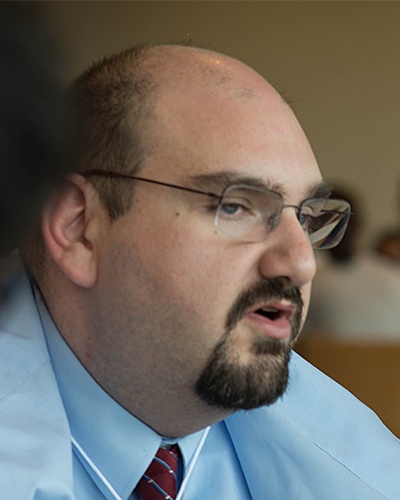
- This event has passed.
NASA EPSCoR Presents the Space Biology Program

October 13, 2021 • 3:00 pm - 4:30 pm
NASA EPSCoR presents a virtual research discussion with the Space Biology Program at 3-4:30 p.m. CDT on Wednesday, Oct. 13, featuring Dr. Sharmila Bhattacharya and Dr. Anthony Hickey. Our moderator is Shawna McBride, the NASA EPSCoR Director from Wyoming. The event will be followed by a moderated Q&A session.
It is recommended that those interested in attending the session view the list of research priorities for Biological Sciences.
View details on how to join the call.
Join with the Zoom meeting link and password.
NASA Research Speakers
 Dr. Sharmila Bhattacharya is the Program Scientist for Space Biology in the Biological and Physical Science Division of NASA’s Science Mission Directorate, a role she took on in August 2020. Prior to this assignment, she served a one-year detail as the Space Policy Advisor to the U.S. Senate Committee for Commerce, Science and Transportation. Dr. Bhattacharya served for many years as a Principal Investigator and scientist at NASA before accepting her current position.
Dr. Sharmila Bhattacharya is the Program Scientist for Space Biology in the Biological and Physical Science Division of NASA’s Science Mission Directorate, a role she took on in August 2020. Prior to this assignment, she served a one-year detail as the Space Policy Advisor to the U.S. Senate Committee for Commerce, Science and Transportation. Dr. Bhattacharya served for many years as a Principal Investigator and scientist at NASA before accepting her current position.
 Dr. Anthony Hickey is a Senior Scientist supporting the agency’s Space Biology Program as a part of NASA’s Research and Education Support Services. Dr. Hickey has more than a decade of training and experience across multiple areas of science, including infectious disease, microbiology, and molecular genetics.
Dr. Anthony Hickey is a Senior Scientist supporting the agency’s Space Biology Program as a part of NASA’s Research and Education Support Services. Dr. Hickey has more than a decade of training and experience across multiple areas of science, including infectious disease, microbiology, and molecular genetics.
About the Virtual Research Discussions
NASA EPSCoR Presents Virtual Research Discussions (ViReD), a new series of bimonthly meetings (held on the second and fourth Wednesday of each month at 3-4:30 p.m. Central) designed to introduce university researchers in the 28 EPSCoR jurisdictions to researchers at NASA.
The major objectives of these meetings are to:
1) ensure NASA EPSCoR researchers around the country are familiar with the research priorities and active projects at NASA,
2) confirm that NASA researchers are familiar with the opportunities NASA EPSCoR funding can offer to their research enterprises,
3) provide a forum for jurisdiction researchers to ask questions regarding potential areas of interest to NASA, and
4) result in high quality collaborative opportunities for both NASA and EPSCoR jurisdiction researchers.
 National Science Foundation RII Track-1 Project:Expanding Research, Education and Innovation in South Dakota
National Science Foundation RII Track-1 Project:Expanding Research, Education and Innovation in South Dakota